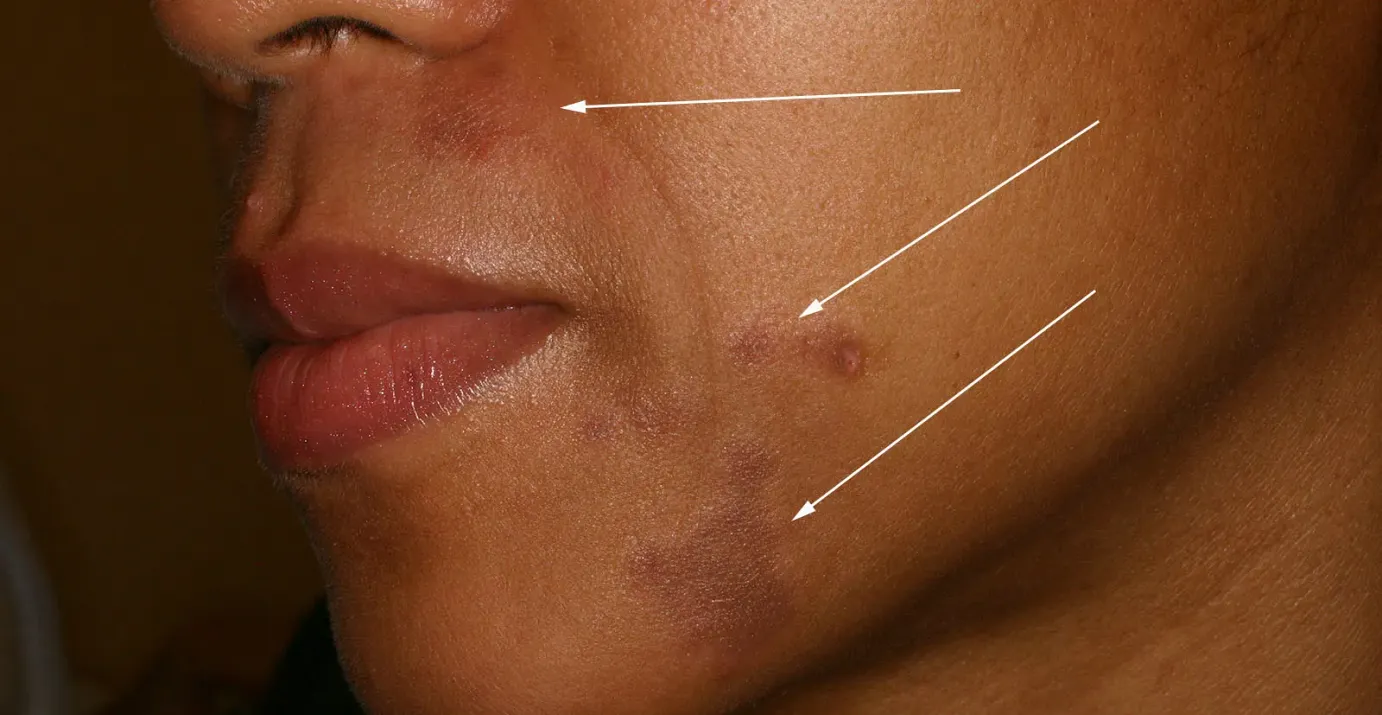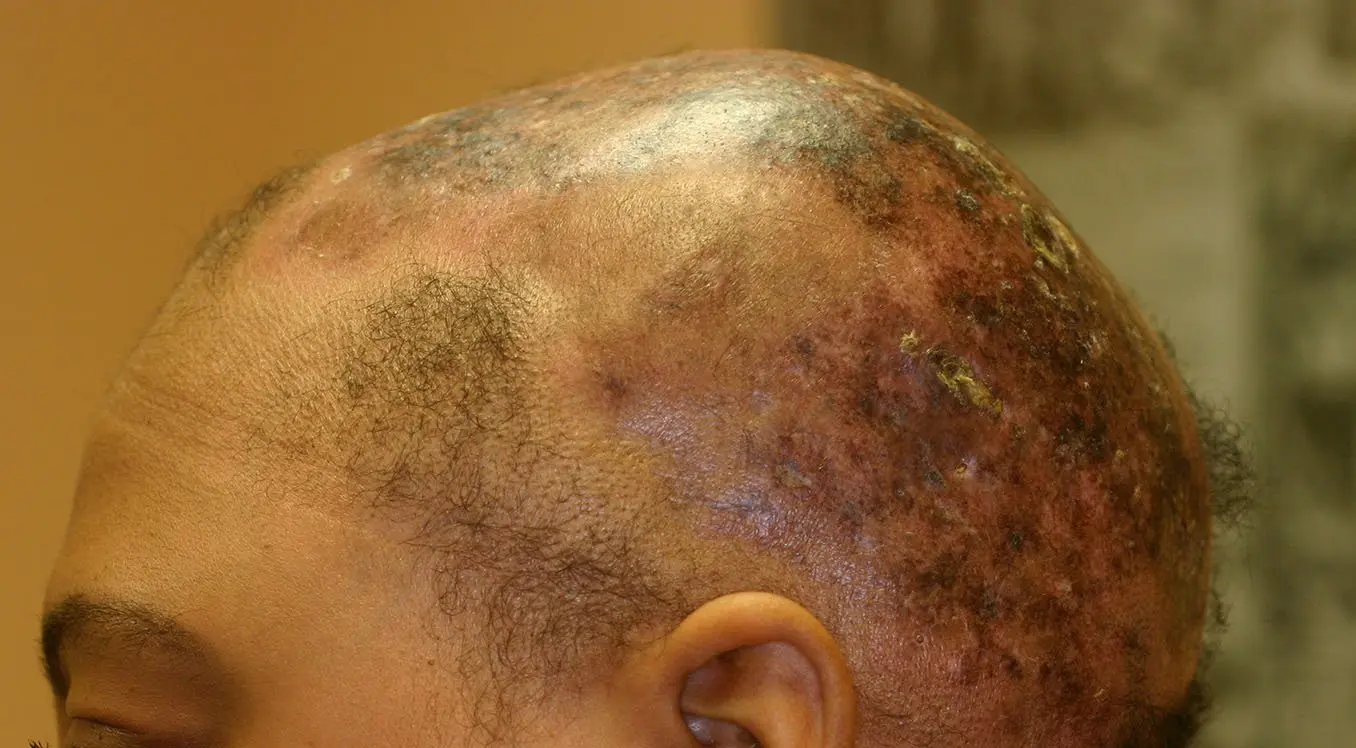Lupus

Lupus is the shortened name for the disease “Systemic Lupus Erythematosus” (SLE). Lupus is an autoimmune disease with many variations and it affects multiple areas of the body. An autoimmune disease occurs when the body’s natural immune system which fights infections from bacteria, viruses, and pathogens, begins to attack itself. The body “thinks” of itself as a harmful agent. Although lupus can affect any organ in the body the disease most commonly affects the skin, kidneys, joints, and the heart.
One in every 2,500 people may develop lupus and females, especially those who are pregnant, tend to be more affected than males. Blacks are the highest risk population. The most noted sign of lupus is a butterfly-shaped skin rash that can accompany mouth and vaginal ulcers. Many patients also report joint pain or extreme tiredness resulting from anemia (low number of blood cells). As a result of the body’s natural defenses attacking itself, the symptoms are caused by increased levels of inflammation.
Common Causes for Lupus
Extreme levels of stress, hormones, or sunlight can cause the resting disease to flare. Also, certain drugs may cause adverse reactions in patients with a long-term treated illness and promote the development of lupus. These patients commonly have a hyperactive immune system as a result of other illnesses. White blood cells may also possess genetic problems that contribute to autoimmune disfunction.
Lupus Diagnosis
Although an extremely difficult disease to diagnose, lupus appears to have a genetic link, and analysis of a family lineage and history may reveal past relatives with the disease. Besides taking a detailed patient history and observing common physical signs such as the butterfly rash, biochemical testing is required. Doctors commonly perform an “antinuclear antibody” or an “antiphospholipid antibody” test to determine if the body exhibits the autoimmune disease characteristics of lupus.
Lupus Treatment
Unfortunately, lupus is a lifetime (chronic) disease without a known cure. However, there are ways to treat the flare-ups and symptoms. To prevent the widespread inflammation of lupus, patients commonly receive steroid treatment or drugs that suppress the immune system from reacting with itself. Pain relievers for arthritis commonly caused by lupus, allow for most patients to continue performing all of their daily activities. Also, non-steroids such as Advil and Motrin help relieve fevers associated with outbreaks.
Lupus Management
Since stress can promote outbreaks, people are encouraged to involve friends and family in the treatment of the disease. A good support structure helps with managing doctor’s visits and outbreaks. Also, avoiding intense sunlight and weight loss can decrease the frequency of lupus inflammations.
Lupus Prevention
Since lupus is an extremely complicated disease, doctors do not know how to prevent its development. Many genetic factors are involved and the best way to avoid outbreaks is to maximize personal health and consult with a doctor.

Lupus Support Groups
Since lupus is a chronic disease affecting many people, the Lupus Foundation of America (www.lupus.org) has established local chapters across the United States. These organizations provide support for everyone living with lupus. Any local doctor will know the contact information of the nearest group.
Lupus Erythematosus
American Lupus Society
260 Maple Ct, Suite 123
Ventura, CA 93003
Tel: 800-331-1802 (Info Line); 805-339-0443; 805-339-0467 (FAX)
Lupus Foundation of America, Inc.
4 Research Place, Suite 180
Rockville, MD 20850-3226
Tel: 301-670-9292
Tel: 800-558-0121
www.lupus.org
